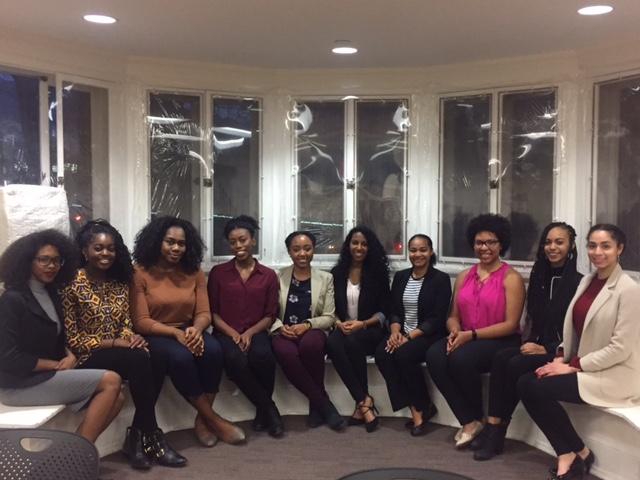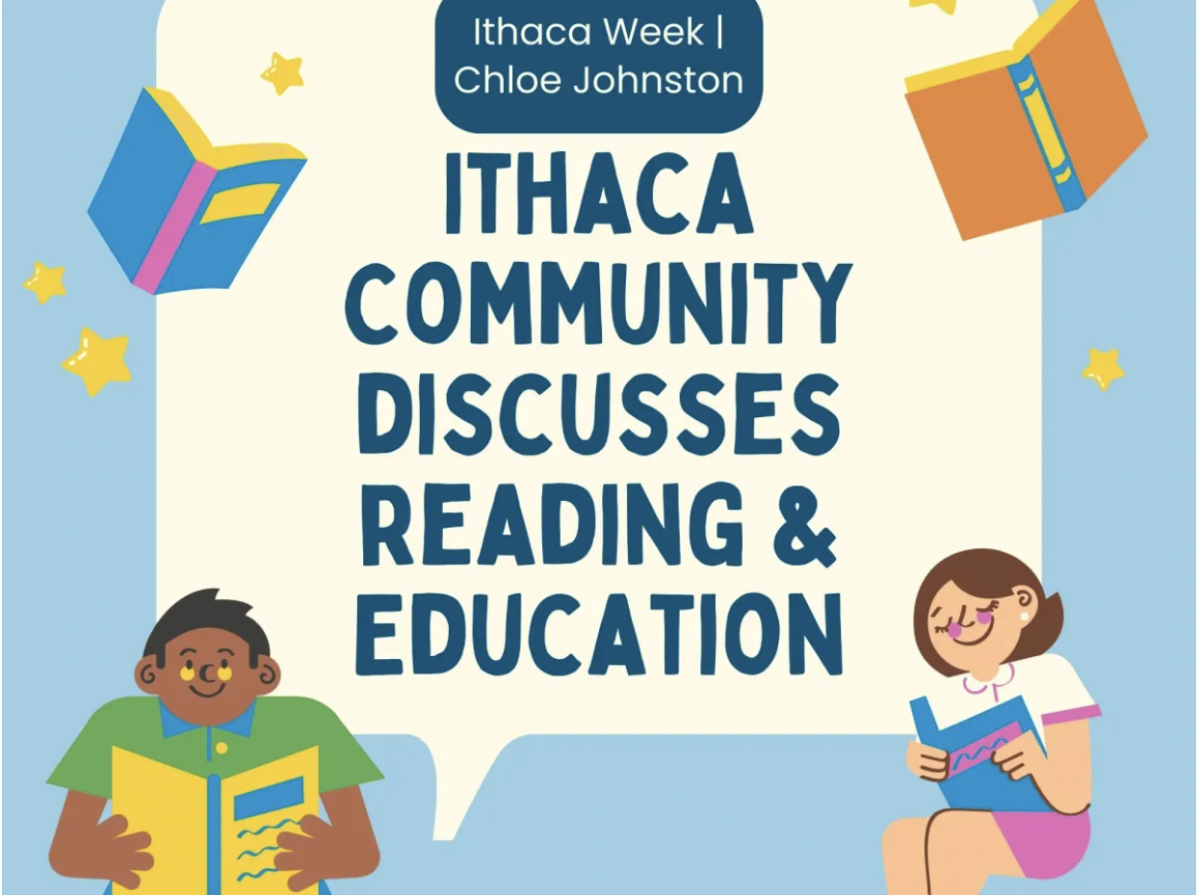Sarah Edwards came to Cornell University as a pre-med student. She did not know other women of color who also followed this track, but she wanted to. She joined an on-campus organization called Building Ourselves Through Sisterhood and Service, or BOSS for short. She became surrounded by a supportive community with other women of color, some who were even in her major.
BOSS is a peer-mentorship program whose main mission is to unify the community and to promote personal, professional and academic growth amongst women of color.
Edwards is now a sophomore at Cornell and co-president of BOSS. Her freshman year, Edwards was paired with her mentor, Janyla Seltzer. Edwards said Seltzer shared study tips, on-campus resources and since she was also a pre-med student, offered her schedule and class suggestions.
“It was great that I was able to find another woman, kind of like myself, who has gone through a lot of what I plan to go through,” she said. “It really did, in terms of personal growth, make me more confident that I was going the right path and that I was capable of doing it.”
Mentorship pairs are chosen through a speed-dating and application process, Stephanie Carter, senior and co-president of BOSS said. Students sit down, talk to one another and choose three student mentors from the members they talked to.
“Personally for me, I know within the first five minutes of meeting somebody if I’m going to like them or not,” she said. “So, I thought that that would be very applicable to this program. We match students based on their major, their hobbies, their interests, hometowns, things like that.”
Carter currently mentors three students. She took on more than one mentee because there is an excess number of students in the program, she said. She wants to inspire her mentees because she knows how influential this mentorship program can be. Her favorite mentor through BOSS was Omoye Usen. Usen taught her that Cornell offered so much more than academics and that activities outside of academics were also important.
“She was everything that I aspire to be in my life,” Carter said. “As a freshman, I was very unsure of who I was or what I wanted and just wondered how to just be a student at Cornell, a place I didn’t even initially think I deserved to be. All of her advice about school, and about organizations and how important it is to not just be a student, there is so much more to life than simply just our grades.”
The Black Women’s Support Network, an organization inclusively for African American women, created BOSS four years ago. However, BOSS broke off as its own organization last semester. Through this transition, they began to allow all women of color into the organization, including African American, LatinX, and Asian-American students.
Edwards said Cornell needed an organization like BOSS because it is a predominantly white institution.
“When you come to Cornell, you don’t really see, as a woman of color, a lot of other students that look like you that are doing the same thing,” she said. “It’s really great to have an organization where you do feel that support from other girls who are going under the same academics stressors and the same social stressors.”

A mentorship pair, Evodie Ganjwa and Jenna Robinson, at this semester’s kickoff brunch //Image posted on @bebossy2017, BOSS photo
Aside from the mentoring program, BOSS also holds events to serve as bonding opportunities for mentors and mentees. The organization has annual brunches and community service projects that let the women get off campus and into the Ithaca community. BOSS has worked with off-campus organizations such as the Ithaca Youth Bureau and the Salvation Army.
Although BOSS creates a space for women of color to seek academic and personal support on campus, Carter said she thinks there is still room for improvement.
“My goal for BOSS would be that I want there to be more of a focus on professional development,” she said. “I would like there to be definitely a greater intersectionality of all the organizations on campus because I want people in BOSS to have a very holistic perspective on what Cornell has to offer, as well as their possible roles in the future.”







